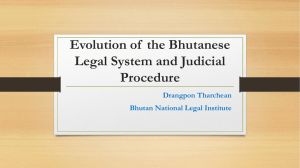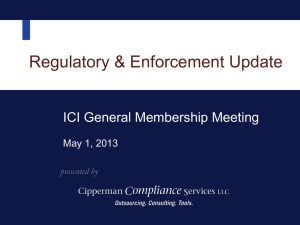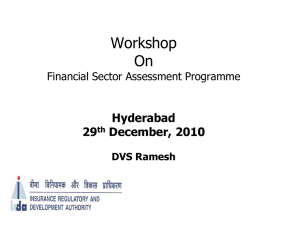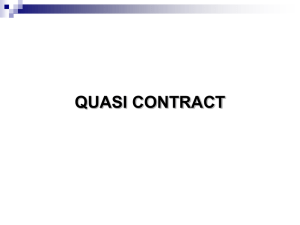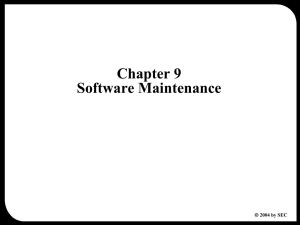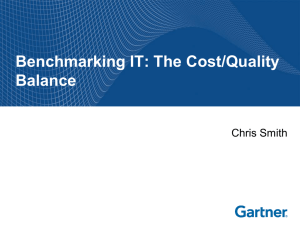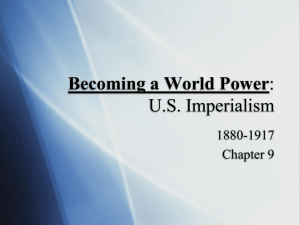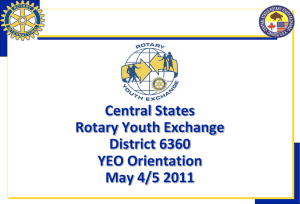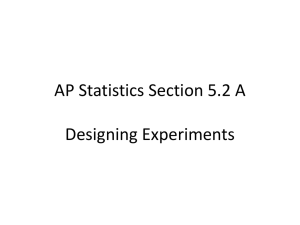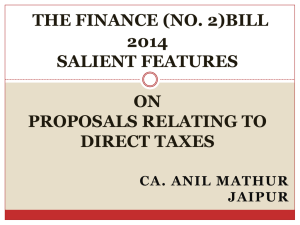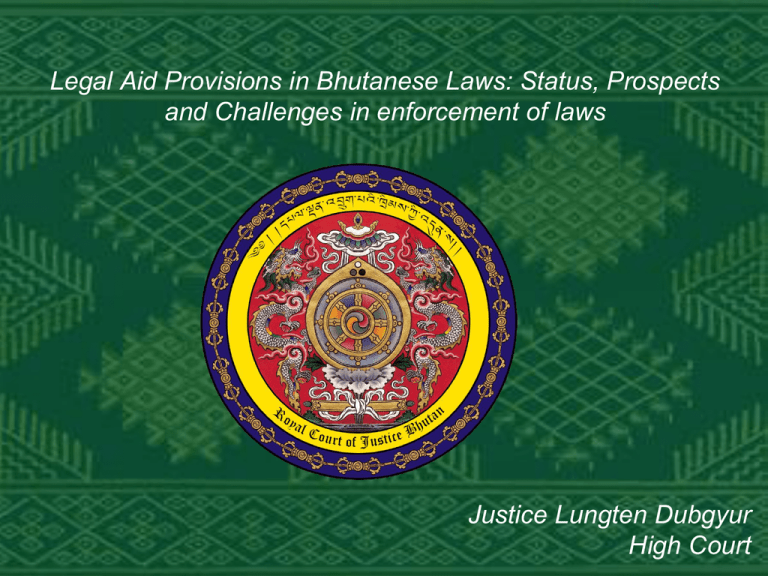
Legal Aid Provisions in Bhutanese Laws: Status, Prospects
and Challenges in enforcement of laws
Justice Lungten Dubgyur
High Court
Introduction
Constitution and Legal Provisions related to legal aid
Access to Justice and Legal Professionalism
Status, Prospect and Challenges in enforcing legal aid provisions
Provisions of The Constitution relating to legal aid
•
•
•
•
•
•
•
•
•
All persons shall have the right to life, liberty and security of person and shall not be
deprived of such rights except in accordance with the due process of law. (Article 7,
Sec.1)
All persons are equal before the law and are entitled to equal and effective protection
of the law and shall not be discriminated against on the grounds of race, sex,
language, religion, politics or other status. (Article 7, Sec.15)
A person charged with a penal offence has the right to be presumed innocent until
proven guilty in accordance with the law. (Article 7, Sec.16)
A person shall not be subjected to torture or to cruel, inhuman or degrading treatment
or punishment. (Article 7, Sec.17)
A person shall not be subjected to arbitrary arrest or detention. (Article 7, Sec.20)
A person shall have the right to consult and be represented by a Bhutanese Jabmi of
his or her choice. (Article 7, Sec.21)
The State shall endeavour to provide justice through a fair, transparent and
expeditious process. (Article 9, Sec.5)
The State shall endeavour to provide legal aid to secure justice, which shall not be
denied to any person by reason of economic or other disabilities. (Article 9, Sec.6)
The Judiciary shall safeguard, uphold, and administer Justice fairly and independently
without fear, favour, or undue delay in accordance with the Rule of Law to inspire
trust and confidence and to enhance access to Justice. (Article 21, Sec.1)
Provisions of laws relating to legal aid
Jabmi
Sec. 33 A person may:
(a) plead or defend himself/herself in person; or
(b) be represented by a Bhutanese Jabmi of his/her choosing and where this right is waived
it shall be done competently and intelligently. (CCPC)
Legal Aid
Sec.34 Only an indigent accused shall have legal aid provided for one's defence where
the interest of justice so requires. (CCPC)
Defence
Sec. 188 A defendant shall be entitled to a speedy trial. This right shall not limit the capacity
of the accused to adequately prepare his/her defence. (CCPC)
Open Trial
Sec. 4 Every person is entitled to a fair and public trial by an independent and impartial
Court in any proceeding…..(CCPC)
Burden of proof in Criminal Case
Sec. 96.2 Finding of guilt against one or more of the parties may only be given when the
prosecution to the full satisfaction of the Court has established a proof beyond
reasonable doubt.
Access to Justice and Structure of Defence
THE JABMI ACT OF THE KINGDOM OF BHUTAN, 2003.
PREAMBLE
Justice being the primary source of peace in the Kingdom of
Bhutan and reaffirming the noble goal in pursuit of Justice and
recognising the importance of the assistance of a Jabmi to
protect and establish rights in all stages of proceedings, we
hereby, amend and consolidate the Law relating to Jabmis and
law societies established in respect of the profession of legal
practitioners of Bhutan and to provide for matters connected
therewith:
Section 9: ….the Jabmi Tshogdey shall be to:
(g) Organize legal aid to an indigent person (Pro Bono) in the
prescribed manner;
Core Values of Bhutanese Court (Updated on NCSC court values)
Court Performance
&Quality
(Through ICTization)
Leadership/Drivers
Court Leadership & Management.
System Enablers
-Judicial Reforms & case
management policies (ICT)
-Court Resources(Human, material &
financial)
-Court proceedings & Process
Seven Areas of
Court room
Excellence
Result
-Litigants needs & satisfaction-efficient (excellent)
judicial system
-Affordable and accessible court services
-Public Trust & Confidence
13 Values of
Bhutanese Court
-Equality
-Effective Protection
-Fairness
-Impartiality
-Independence
-Accountable
-Competence
-Integrity
-Transparency
-Accessibility
-Timeliness
-Truth (justice)
-Certainty
Strategic IT Plan for the Judiciary, 2000
Access to justice
Functionality
Efficiency of Judiciary
Effective, Efficient
Accessible, fair, accountable, transparent,
and timely administration of justice:Use of open,
standard technologies
Quality of Justice
Realistic expectations
Status, Prospect and Challenges in enforcing legal aid provisions
•
•
•
•
•
•
•
•
•
•
Bardo Thodrel (14th Century) Miranda warnings
Waiver of Rights
No compulsory Representation
Individual Vs. Collective Rights (the constitutional
guarantee of three generation rights)
Jabmis and emerging professionalism
Law Firms & Private Practice emergence
Financial Resources (court’s budget)
Legal Awareness and legal dissemination
Introduction of Electronic Litigation (easier accessibility)
Improved access and reduced litigation cost.
Status, Prospect and Challenges in enforcing legal aid
provisions
• Training programs in the area of domestic criminal procedure and
relevant laws in compliance with international human rights standard
practices and compliance
• Building competent public defender and policies for support and
establishing public defender association (estb.of Bar association)
• Framing of legal rules and manual related to legal aid particularly
related to criminal defence but also incorporating issues related to
legal aid for civil cases (matrimonial domestic violence cases, where
children are involved)
• Legal aid for family mediation services
• Informative & Interactive criminal justice website (Bar association)
• Establishment of ADR centre in Gewogs (Recruitment and training
of professionals on legal aid services at the grass root level)
• Informal and legal advise centre
TASHI DELEK



